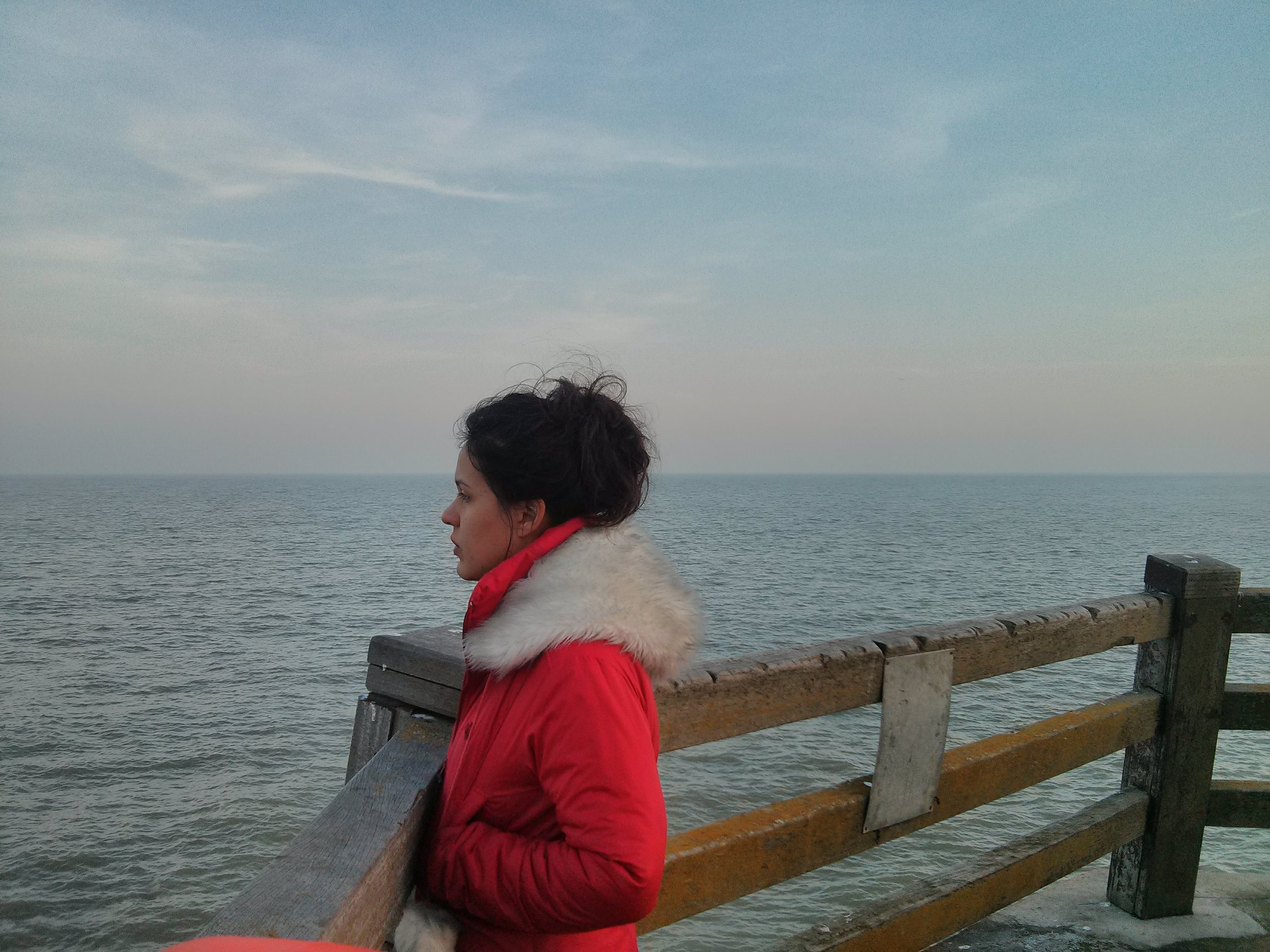Roxana Willis

How did you come to be an academic?
After a difficult time at school, I chanced upon an Erasmus year of study in the Czech Republic, which revealed a better side of education. Since then, I gradually progressed through the university system, heavily supported by family, friends, academic mentors, and scholarships. Following the doctorate, I was lucky to secure a couple of postdoctorate positions – hopefully, I will find another academic opportunity when these come to an end!
What is your research about? What views are central to your research?
My research looks at the criminal legal system from the perspectives of those who are most affected by it – the working classes. In contrast to the dominance of top-down accounts of law, I sought to develop theory from below.
To do this, I conducted an ‘ethnography at home’, which involved returning to my council estate in a former steelworks town in England and observing the local form of life. I essentially focused on how my home community informally handled conflict before going to the police, and how the rules governing the practice of conflict-management changed when the police became involved. Accordingly, I investigate how conceptions of justice, fairness, otherness, and distinction differ in their shape and effects in these different fields.
Does developing theory “from below” lead you to question mainstream assumptions in philosophy of law?
Yes! Dominant thought in mainstream jurisprudence often starts from the premise (or sometimes presupposition) that self-determination and a particular gloss on individual freedom ought to be prioritised.
In contrast, I suggest that the normative structure of the working-class form of life I observed can only be made intelligible in all of its richness if we recognise that the good of the self is intricately tied with the good of the communities which form us and which we form. Accordingly, I propose that we ought not to understand and prescribe rules for individuals conceived as entirely separate and self-sufficient beings, as the foundations of the common law tend to presuppose.
I have also challenged the idea that formal equality – i.e. the idea that blanket application of a rule is a fair application, even if consequences are ultimately uneven – is valuable in itself. I do this by focusing on language, showing how our ability to speak is interwoven with our class (dis)advantage.
I develop this critique by focusing on the legal practice of restorative justice, which is a form of dispute resolution that involves individuals affected by crime meeting to talk about the impact of the offence. Although everyone has an ‘equal opportunity’ to speak, not all parties are equally equipped with the linguistic capacities to express the extent of the harm experienced (e.g. victims) or to convey the sincerity of the apology (e.g. offenders).
Consequently, more disadvantaged participants are at risk of worse experiences and outcomes in these processes. The data I present accordingly challenges the idea that formal equality should be the most sought after and meaningful form of equality to regulate legal processes.
What do you find most exciting about your research?
I find it exciting to engage with ideas that make better sense of lived experience. I also appreciate being able to develop a language that allows explanation of things that are otherwise impossible to articulate.
Do you see the bottom-up approach to legal philosophy you favor as sufficiently integrated in legal education?
Not right now. Let’s take, for example, the University of Oxford’s core Jurisprudence syllabus, which is what I am most familiar with. This syllabus focuses on liberal theories of law, without addressing important counter theoretical perspectives and without sustained questioning of its theoretical foundations.
Such an approach is out of sync with the usual methods of law. In a criminal legal case, for example, multiple understandings of the event are taken into account in order to place us in a better position to reach the truth of a situation. Legal philosophy would benefit from a similar tactic.
At the moment, the Jurisprudence taught to students at Oxford offers a perspective of the legal system which is purely top-down. Not only do the main theorists predominately come from the most advantaged sectors of global society, but by not engaging with scholarship developed by less powerful groups, these theorists sometimes fail to appreciate the blind spots that positions of privilege inevitably create. Widening the syllabus to include other informed insights is the only way to shine light on these blind spots.
What else would you like to see change in academia?
Ideas from outside the canon need an entry-point. Otherwise, we will continue to labour on with only a partial understanding of law and society.
What are some of your non-academic interests, pursuits, or hobbies?
Walking, sprinting, swimming, sailing, growing plants, moments with family and friends, cycling the long way home…
If you had to pick a desert island book (academic or not), music album, or film, which one would it be?
An old photo album.
This interview was conducted in August 2019 by Carolina Flores (St. Hugh's, MMathPhil, 2016) who is a philosopher working in epistemology and social philosophy.

